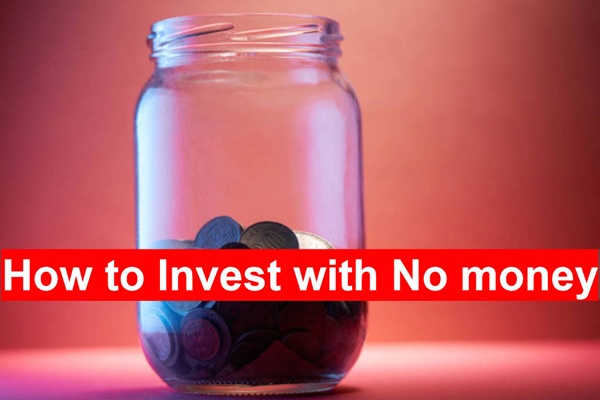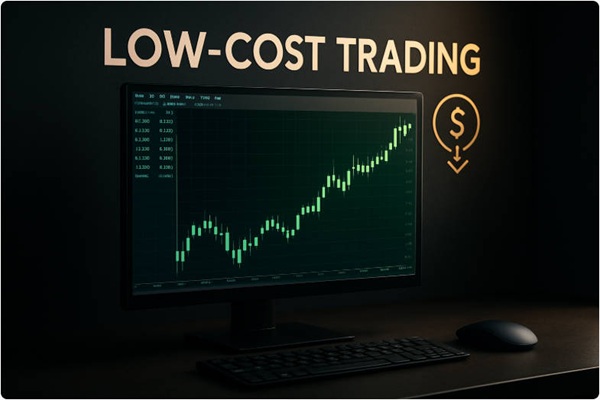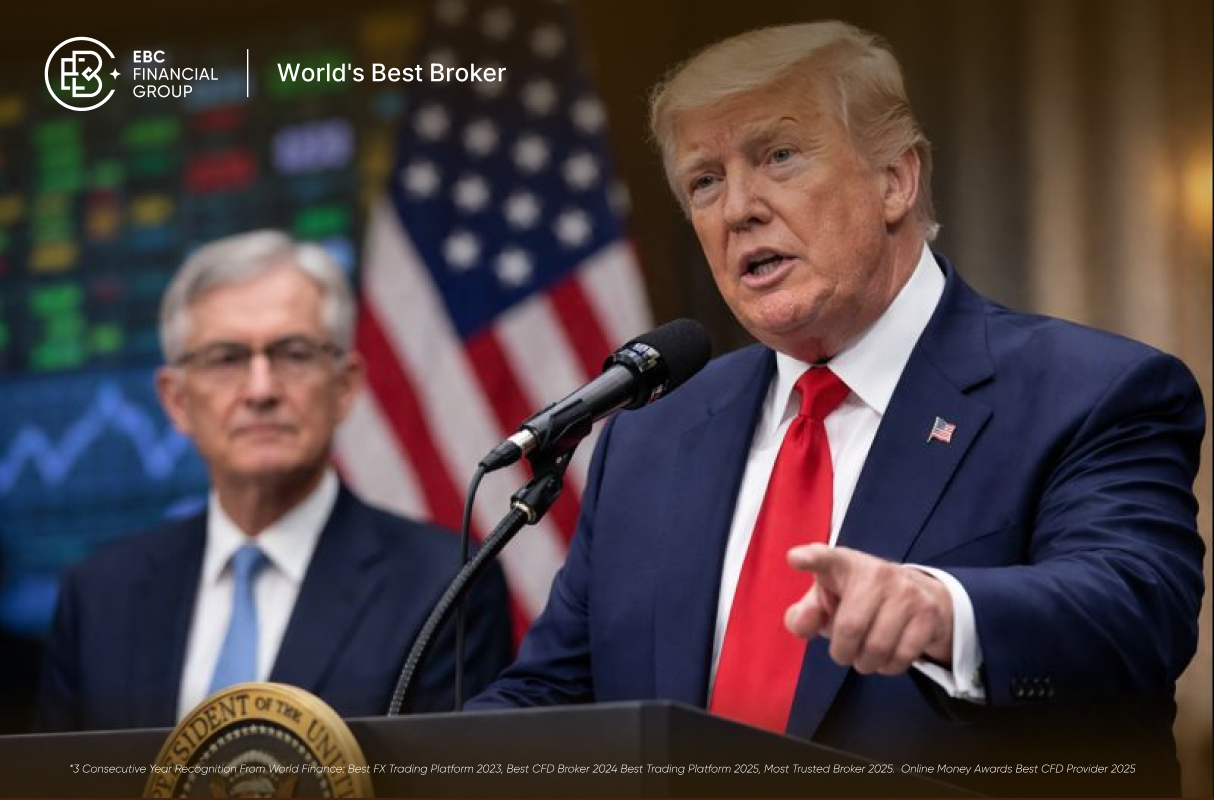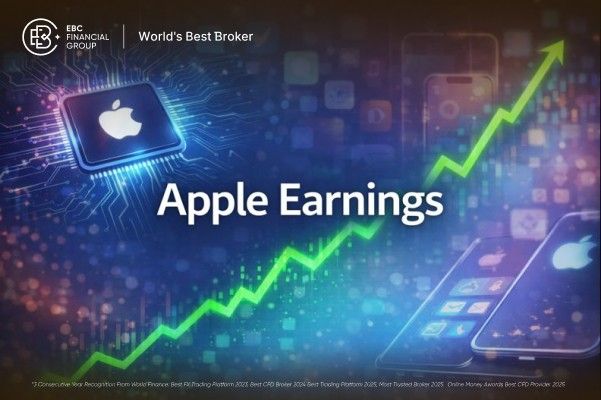The vast majority of Forex brokers provide a demo trading account, which has all the functions of a real account. Why is a demo account free?
Brokers want potential traders to understand and familiarize themselves with their trading platform and practice without taking risks, so that these potential traders can become comfortable with the platform and deposit funds to open a real account.
That's right, demo accounts can give us a more intuitive understanding of the Forex market and train our trading skills in a zero-risk situation. And yes, zero risk.
Benefits of a Forex Demo Account

It is recommended that everyone conduct a period of demo trading before formally conducting Forex live trading and form a set of stable and profitable trading skills, trading systems, and trading psychology through demo trading.
Remember! Our suggestion is to do at least two months of practice before actual trading and ensure that you are able to practice with that "money" for at least two months without losing all the virtual funds in the demo account.
Advantages of Forex Demo Trading:
Demo accounts provide a hands-on way to learn technical indicators, chart patterns, and analytical tools. Users may also explore Stocks, Indices, ETF and Bitcoin demo trading with EBC Financial Group.
Common Pitfalls And Limitations
After all, the demo account is different from the actual account. The loss of funds in the demo account does not invoke psychological factors, but the actual account loss of funds may have a significant impact.
Many traders claim that the instructions on Forex demo trading are too perfect and may miss out on some practical, unexpected situations, such as trading stagnation or slippage.
The perfection of demo trading can also give investors a sense of arrogance. It should be noted that excellent traders on demo trading platforms are not necessarily excellent real traders. When risks arise, demo traders find it difficult to avoid them or manage them effectively.
The Psychological Gap
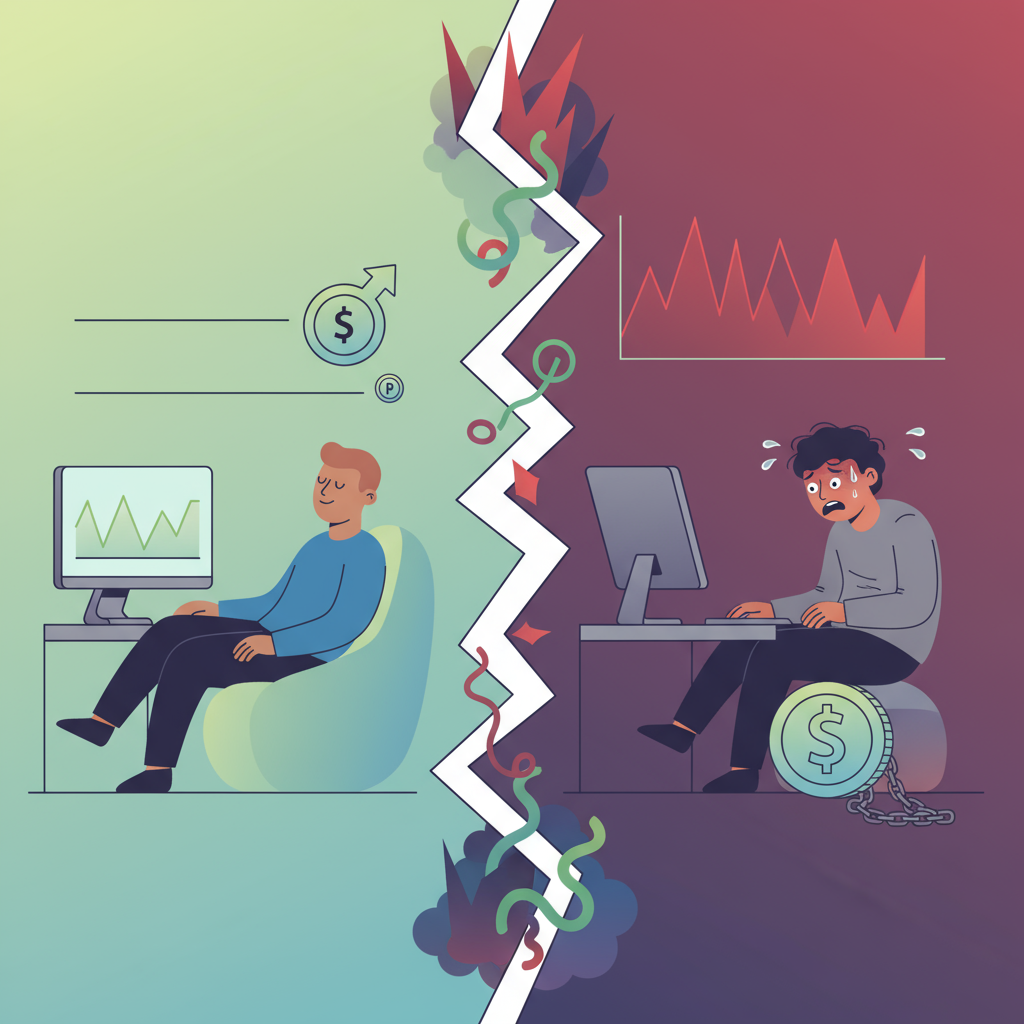
As a beginner in the Forex market, others often encourage you to conduct a period of practice before starting real trading.
By simulating trading, you can learn basic trading skills, develop your own trading plans, implement appropriate risk management, and experience trading psychology without using your hard-earned money to take risks.
Once you have sustained profitability and established sufficient trading confidence, you can officially start opening a real trading account.
If you think that because you can already continue to make profits in simulated trading, making money in real trading is no longer that difficult, then you are wrong.
When most beginners switch from simulated trading to real trading, they usually think that their beautiful simulated trading results can be replicated in real trading.
Therefore, many beginners will feel disheartened when they find that the real situation is not as good as they think.
Here are a few reasons why we should always look out for psychological gap such as:
1. Real money means real feelings.
As a Forex trader, we try our best to become as calm and rational as possible when trading. However, it is impossible to completely eliminate emotional factors, as emotional fluctuations inevitably increase when your money is at stake.
To further illustrate the issue, compare how you feel when you first simulate trading and when you first experience real trading. Is your heart racing? Do you have a loss of appetite? Are your hands shaking?
If that's the case, in real trading, either you fall in love with it crazily or you become particularly nervous.
2. There is no real financial risk associated with simulated trading.
Even if you take simulated trading as seriously as real trading, there is no actual financial risk associated with simulated trading. Even if you lose some money, you will feel harmless because you know in your heart that you can always reset your simulated account.
If you make mistakes repeatedly in simulated trading, you will still feel good because you know you can easily start over again, and it won't put too much psychological pressure on you.
On the contrary, in real trading, if you encounter a sharp drop, your trading confidence will be greatly affected, and your future trading decisions will also be disrupted, making you less confident.
3. The temptation to make mistakes in real transactions is greater.
Because you are currently facing real financial risks, you will make more emotional investments in the trading results. Therefore, when this temptation acts on your bad trading habits, it becomes stronger and more dangerous.
Just as you think you will eventually overcome those bad habits, you may find that you have made common trading mistakes, such as moving your stop-loss position, premature closing of profit positions, and even revenge trading.
Demo vs. Live Trading: Detailed Comparison
| Comparison / Distinction |
Demo Trading |
Live Trading |
| Capital Risk |
No actual capital risk. |
Involves real capital risk, impacts emotional investment. |
| Trading Psychology |
Relatively relaxed, less psychological pressure. |
More tense, significant emotional fluctuations. |
| Temptation of Errors |
Rarely affects confidence. |
Stronger temptation for emotional errors, impacts trading decisions. |
| Execution Precision |
Commands are relatively flawless. |
Influenced by emotions, potential for developing bad habits. |
| Trading Platform |
Familiarization with platform and market. |
Real platform environment, includes real market variables (e.g., slippage). |
| Learning Value |
Learning techniques and strategies. |
Verifying feasibility of real trading. |
| Trading Outcomes |
Results with zero risk. |
Confronting fluctuations in actual outcomes. |
| Trading Confidence |
Developing initial trading confidence. |
Prone to setbacks. |
| Trading Decisions |
Relatively cool analysis. |
Influenced by emotions and risk. |
| Market Research |
Opportunity for market research. |
Can be difficult to conduct in-depth research due to risk. |
| Learning Tool |
Vital learning and practice tool. |
Environment for validating and improving skills. |
Case Study: Demo Trading vs. Live Trading
A short, practical example can help illustrate the difference between simulated and real trading. For instance, a trader may consistently make profits in a demo account using a specific strategy.
However, when transitioning to a live account, the same strategy may yield losses due to emotional pressure, slippage, or overtrading.
Purpose: This example highlights how psychological factors and real market conditions impact performance, making abstract differences between demo and live trading tangible for beginners.
Tools and Features Available in Demo Accounts
Forex demo accounts typically provide full access to a broker’s trading platform, including:
Technical Indicators & Charting Tools: Moving averages, RSI, Bollinger Bands, candlestick patterns.
Automated Trading Options: Expert Advisors (EAs) or algorithmic strategies to test automation.
Analytics & Reporting: Trade history, performance metrics, and risk analysis to evaluate strategy effectiveness.
Order Types: Market, limit, stop-loss, and take-profit orders to practice real execution.
Purpose: By exploring these tools in a risk-free environment, traders can develop technical skills, understand platform functionalities, and test advanced strategies before committing real funds.
Frequently Asked Questions (FAQ)
1. Is a Forex Demo Account exactly the same as a Live Account?
No. A demo account mirrors real market prices and tools but lacks real-money pressure. Execution in demos can also be faster and more accurate than in live trading.
2. How long should a beginner use a demo account?
At least two months, or until you can trade consistently without losing your virtual funds.
3. Can successful demo trading guarantee success in live trading?
No. Real trading involves emotions and risk, which can affect discipline and decision-making.
Final Takeaway: Practice with Purpose
Forex demo trading is a method of conducting Forex trading through a virtual trading platform that provides a real market environment and conditions.
This allows investors to learn and practice trading skills, familiarize themselves with the trading platform and market conditions, and improve and verify their trading strategies.
Demo trading is an essential learning and practical tool for both novice investors and experienced traders.
Disclaimer: This material is for general information purposes only and is not intended as (and should not be considered to be) financial, investment, or other advice on which reliance should be placed. No opinion given in the material constitutes a recommendation by EBC or the author that any particular investment, security, transaction, or investment strategy is suitable for any specific person.














